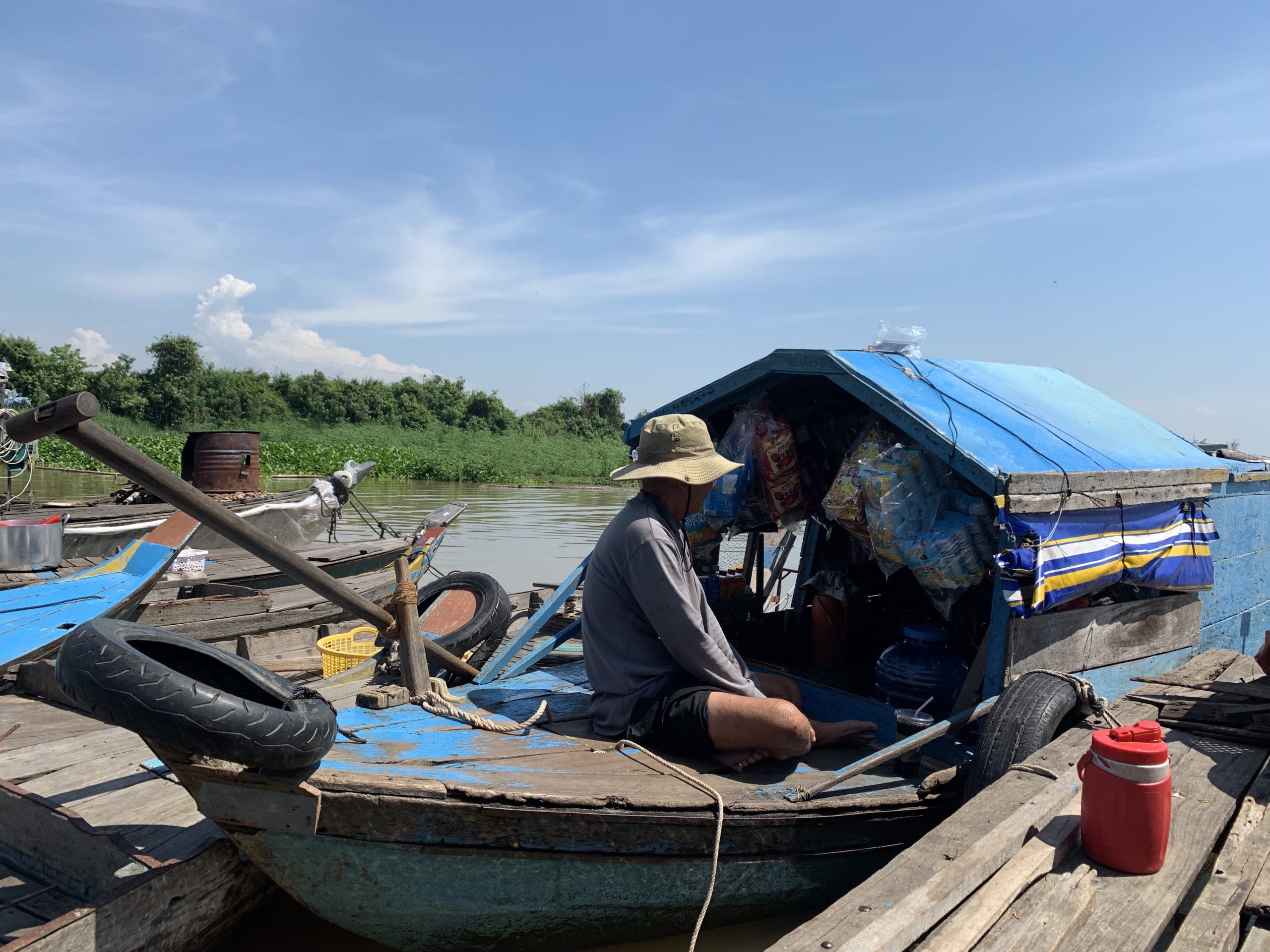1. Citizenship Law
a. Jus Sanguinis Provisions
The main legislative documents for citizenship in Vanuatu are the 1980 Constitution of the Republic of Vanuatu and the 1980 Citizenship Act of the Republic of Vanuatu. Vanuatuan citizenship laws operate through a jus sanguinis structure. Regardless of birthplace, a child born to at least one parent who is a citizen of Vanuatu will be a citizen according to Article 11 of the Constitution. According to Article 9(b) of the Constitution, a stateless person with Ni-Vanuatu (indigenous) ancestry will automatically be a citizen of Vanuatu. There are currently no legal provisions regarding citizenship eligibility for foundlings.
In 2014, Vanuatu amended their citizenship laws to remove gender discriminatory provisions which limited the ability of women to pass on their nationality to foreign spouses. There is no definition of a stateless person included in Vanuatu’s national legislation. Further, the Citizenship Act does not explicitly mention stateless persons.
b. Naturalized Citizenship
Stateless persons are eligible to apply for naturalization on the same basis as other persons not of Vanuatu descent as laid out in Article 12 of the Constitution. Article 12 of the Citizenship Act lays out further details of the naturalization application process. In order to be eligible, the applicant must be 18 years of age, have lived in the country for the last 10 years, have good character, be fluent in “Bislama, English, French or another regional vernacular”, and have respect for the country’s cultures, to name a few conditions. Additionally, the applicant must pass a citizenship test in Bislama and be of good health. Parliament can attach additional conditions to eligibility and is responsible for providing review and decisions on applications. Provided that the spouse has given consent, the applicant’s spouse and children may be included in the same application. There is no expedited or simplified process available to stateless persons or refugees.
c. Dual Citizenship
Article 13(1) of the Constitution provides that dual citizenship is recognized by Vanuatu. However, there are some political restrictions placed on dual citizens as detailed in Article 13(3), such as inability to serve in a public office or participate in Vanuatu politics. These restrictions only apply for dual citizens who have not applied for naturalization or are not indigenous citizens.
2. Treaty Ratification Status
The only relevant treaty bodies ratified by the Republic of Vanuatu are the ICCPR, CRC, and CEDAW with no reservations.
As a party to CEDAW, Vanuatu is bound to ensure gender equality in nationality laws. Vanuatu is also responsible for ensuring that no child is left stateless and that births are registered immediately in Vanuatu, according to Article 7 of the CRC. On this, Vanuatu needs to strengthen national legislation on citizenship to ensure that children born in the territory who do not have parents of Vanuatuan citizenship or Ni-Vanuatuan descent do not become stateless. Birth registration also needs to be improved to ensure that every birth is registered immediately. Further, as a party to the ICCPR, Vanuatu must ensure non-discrimination of ICCPR rights based on nationality. The political restrictions placed on dual citizens should be eliminated to ensure that Vanuatu meets relevant ICCPR obligations.
| Country | Stateless 1 | Stateless 2 | Refugee | ICCPR | ICESCR | ICERD | CRC | CEDAW |
|---|---|---|---|---|---|---|---|---|
| Vanuatu |



